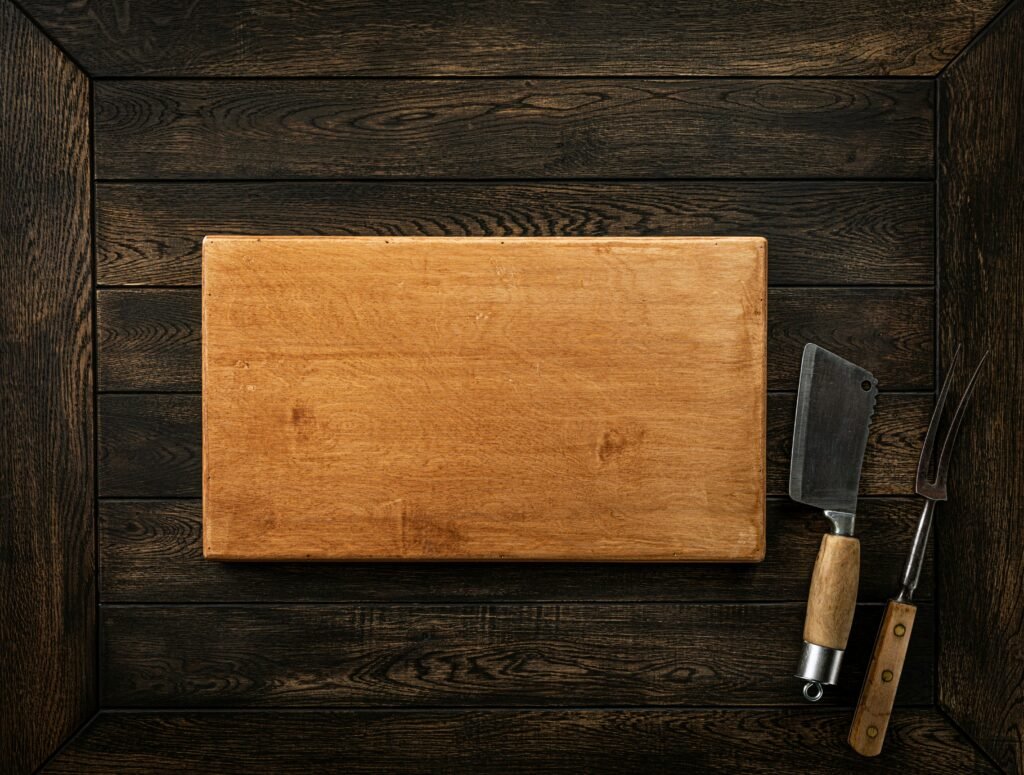Having trouble falling asleep at night? You’re not alone. Many people toss and turn in bed for hours, caught up in thoughts, stress or simply unable to “turn off the mind.” Fortunately, there are expert-backed techniques that can help you fall asleep fast and improve the quality of your rest.
We explain why it is sometimes hard to fall asleep and give you 10 effective strategies to fall asleep in minutes.
🧠 Why is it hard to fall asleep?
The most common causes of insomnia or difficulty falling asleep are:
- Stress or anxiety.
- Exposure to screens before bedtime.
- Heavy dinners or caffeine in the evening.
- Irregular sleep routines.
- Lack of physical activity.
- Health problems or medications
Here’s what you can do to fall asleep faster.
✅ 10 Techniques for Falling Asleep Fast.
1. 🧘♂️ Try the 4-7-8 Breathing Technique.
Created by Dr. Andrew Weil, this technique helps to relax the nervous system in a few seconds.
How it is done:
- Inhale through the nose for 4 seconds.
- Hold the air for 7 seconds.
- Exhale slowly through your mouth for 8 seconds.
Repeat this cycle 4 times. You will feel your body relax deeply.
2. 🌙 Maintain a Fixed Sleep Routine.
Going to bed and getting up at the same time every day (even on weekends) regulates your biological clock and makes it easier to fall asleep.
3. 📵 Move Screens Away At Least 1 Hour Before.
Blue light from cell phones, computers or television blocks the production of melatonin, the sleep hormone. Try reading a book, meditating or listening to soft music instead of looking at screens.
4. 🛀 Take a Hot Bath.
A warm shower or bath 1 or 2 hours before bedtime helps lower the body temperature afterwards, which eases the transition to sleep.
5. 🧴 Use Aromatherapy or Essential Oils.
Lavender, chamomile and sandalwood have relaxing properties. You can use diffusers, pillow spray or apply a small amount to the wrists or temples.
6. 📝 Make a “mental dump” on paper.
If your mind does not stop thinking, write down your worries, tasks or ideas in a notebook before going to sleep. This frees the mind and reduces anxiety.
7. 🔄 Uses the “stimulus control” technique.
Go to bed only when you feel sleepy. If you can’t sleep after 20 minutes, get up and do something relaxing in low light (reading, gentle stretching) until you feel sleepy.
8. 🌡️ Adjust the temperature of your room.
The ideal temperature for a good night’s sleep is between 18ºC and 20ºC. A room that is too hot or too cold can interrupt sleep.
9. 🍵 Avoid caffeine, alcohol, and heavy meals in the evening.
Reduce coffee after noon and avoid alcohol or large dinners at least 2-3 hours before bedtime. Although alcohol may make you drowsy, it interferes with the deep phases of sleep.
10. 🧘 Try guided meditation or relaxing sounds.
There are apps and YouTube channels that offer specific meditations for sleep, rain sounds, waves or binaural music that can help you disconnect and relax faster.
🛏️ Bonus: Create an Optimal Sleep Environment.
- Use opaque curtains or a blind.
- Minimize noise with earplugs or white noise machines.
- Make sure your mattress and pillow are comfortable.
💤 Conclusion.
Falling asleep fast is not always easy, but with these tips you can train your body and mind to relax and rest better. Start applying some of these techniques today and see what works best for you.
Getting a good night’s sleep not only improves your energy, but also your mood, concentration and overall health. Good night!


